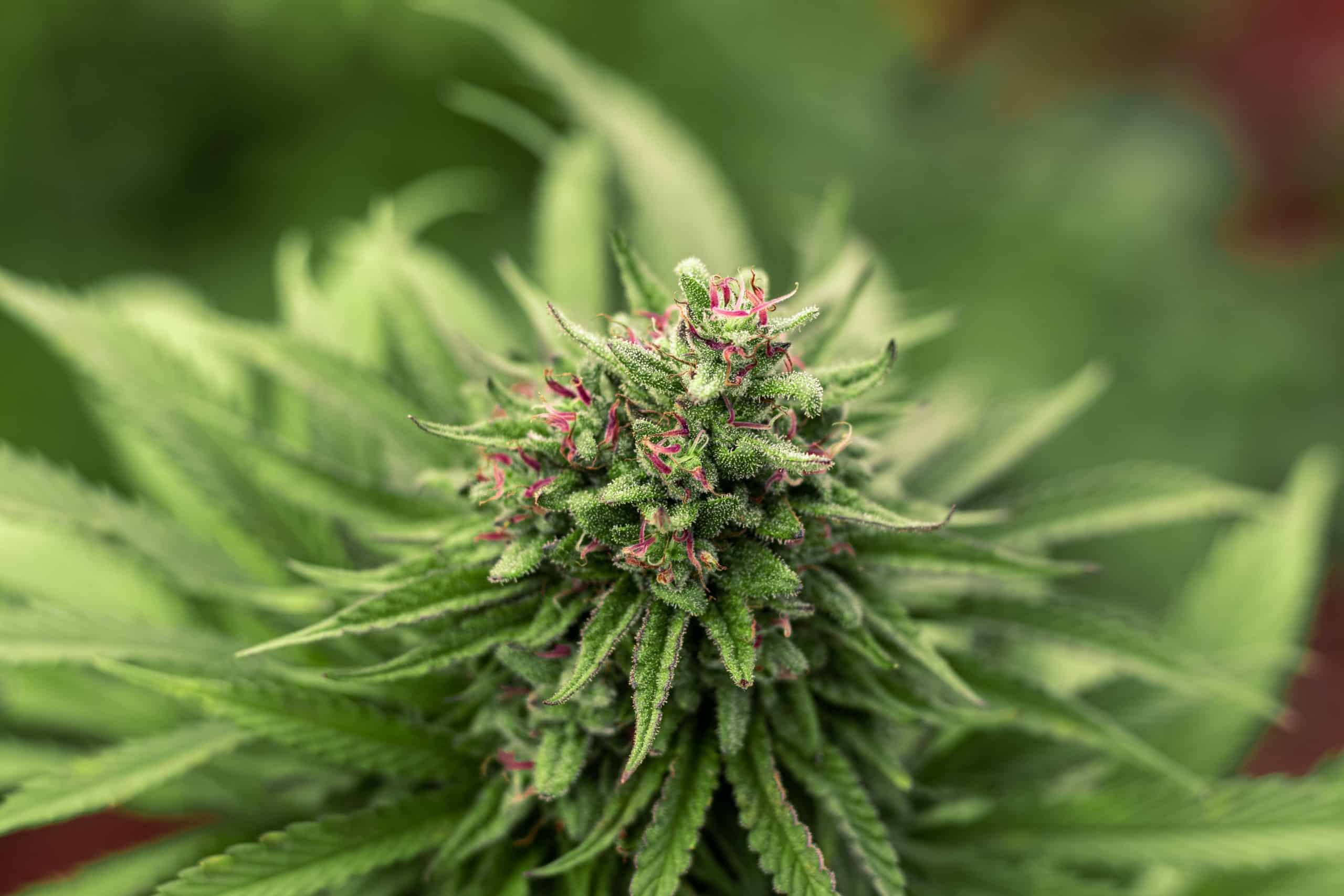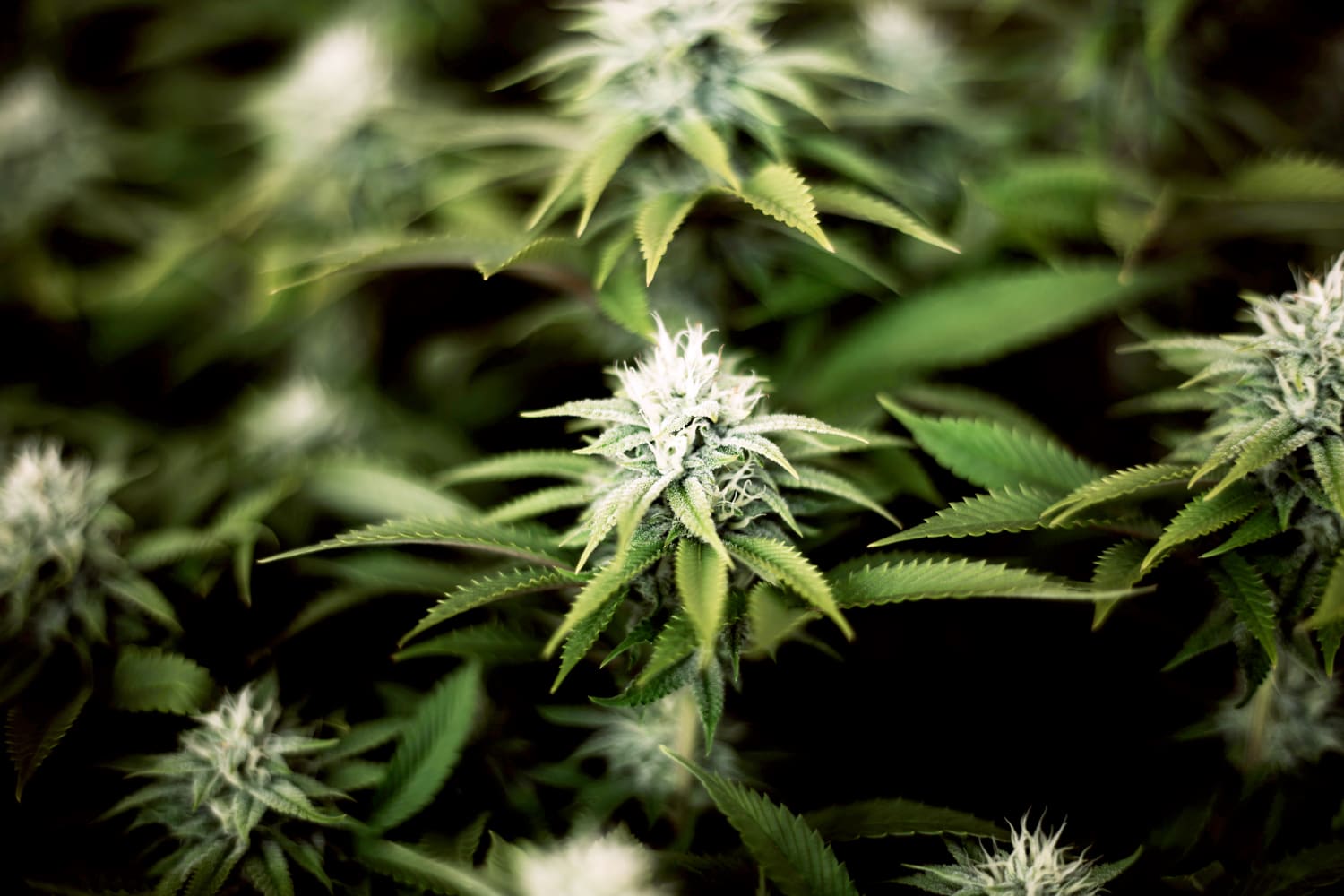
Understanding cannabis laws can be complex, as they vary significantly from country to country and even within different regions or states. It’s important to note that laws are subject to change, and the following information is accurate as of my knowledge cutoff in September 2021. For the most up-to-date and accurate information, it’s advisable to consult official government sources or legal professionals in your specific jurisdiction with https://tropicexotic.ca/shop/. Here is a general guide to help you understand the various aspects of cannabis laws:
Expert Guide to cannabis laws
- Legalization and Decriminalization:
- Legalization: Some countries or states have fully legalized cannabis for both medical and recreational use. This means that adults can legally possess and consume cannabis within certain regulations.
- Decriminalization: In some places, cannabis possession may be decriminalized, which means that although it’s still technically illegal, the penalties for possession are reduced or replaced with civil fines, rather than criminal charges.
- Medical Cannabis:
- Medical Use: Many countries have established medical cannabis programs that allow patients with qualifying conditions to access cannabis for therapeutic purposes. These programs typically require patients to obtain a medical recommendation or prescription from a qualified healthcare professional.
- Regulations: Medical cannabis programs often have specific regulations regarding patient eligibility, product formulations, distribution channels, and licensing for cultivation, production, and distribution.
- Recreational Use:
- Legalization: Some countries or states have legalized cannabis for recreational use, allowing adults to possess and consume cannabis for non-medical purposes. However, regulations regarding purchase limits, cultivation, and public consumption may still apply.
- Age Restrictions: Legal jurisdictions typically require individuals to be of a certain age (usually 21 or 18) to legally purchase and consume cannabis.
- Commercial Regulations:
- Cultivation and Production: Legal jurisdictions often have regulations governing the cultivation and production of cannabis. These regulations may include licensing requirements, security measures, quality control standards, and tracking systems.
- Distribution and Retail: Legal cannabis markets typically have regulations for distribution and retail operations. This may involve licensing, taxation, packaging and labeling requirements, and restrictions on locations near schools or other sensitive areas.
- Advertising and Marketing: Cannabis advertising and marketing are often subject to specific regulations, including restrictions on advertising to minors, limitations on content, and requirements for health warnings or disclaimers.
- International Variances:
- Laws vary significantly from country to country and even within different states or regions within a country. Some countries have strict prohibitionist policies, while others have more liberal approaches to cannabis.
- It’s crucial to research and understand the specific laws and regulations of the country, state, or region where you reside or plan to visit, as they may differ significantly from general trends or neighboring jurisdictions.

Remember that this guide provides a general overview and should not be considered legal advice. Always consult official government sources or legal professionals for specific information regarding cannabis laws in your jurisdiction.
